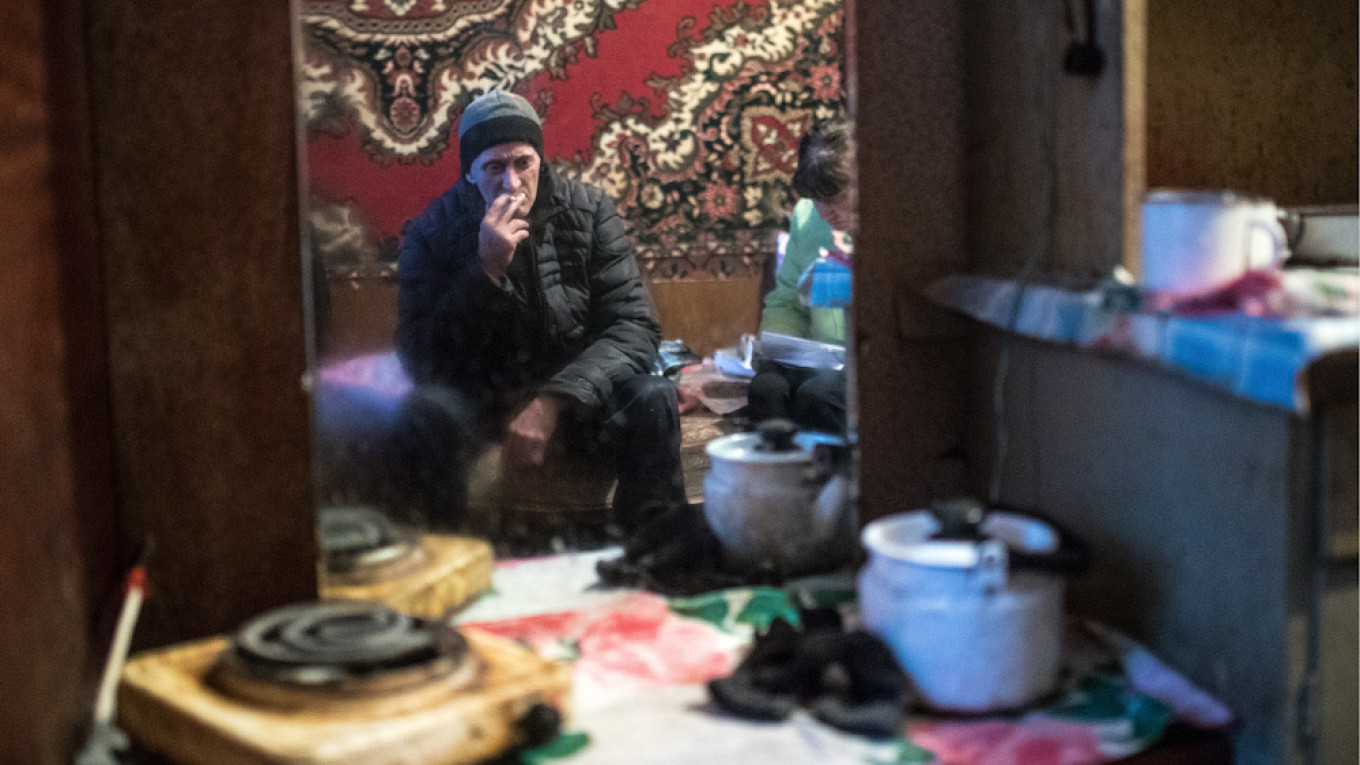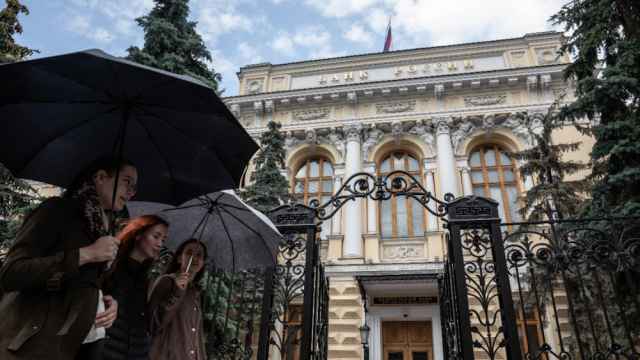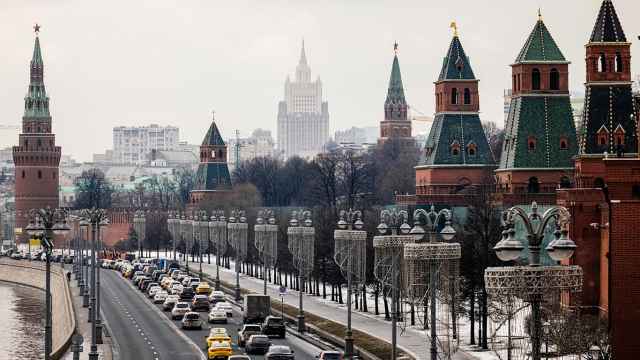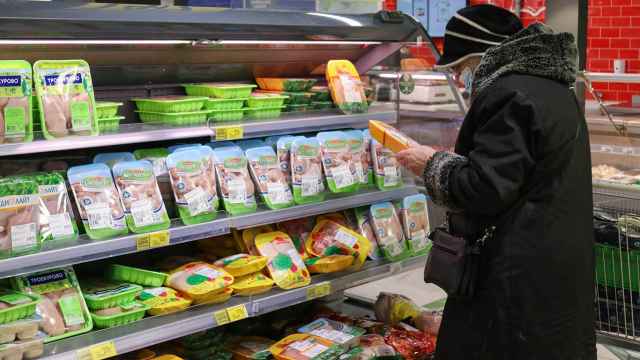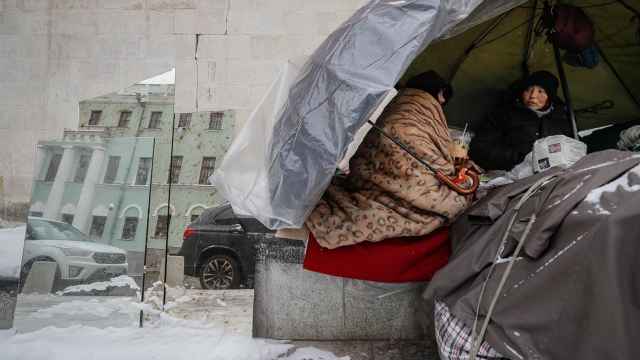The World Bank has recommended Russia overhaul its welfare state if it wants to slash poverty as the economy recovers from the coronavirus pandemic.
The U.S.-headquartered organization said Russia should adopt a “guaranteed minimum income” — a welfare program of financial assistance targeted solely at those living below the poverty line — in order to help lift almost ten million Russians out of poverty this decade.
Should the country not change its approach and economic growth not accelerate, Russia will most likely fall short of President Vladimir Putin’s ambitious target to halve the share of Russians living in poverty to below 6.6% by 2030, the World Bank’s lead economist for Russia, Apurva Sanghi said Wednesday at a press conference to present a new report.
The bank also found Russia’s current welfare state has “high costs” and “does not generally prioritize the poor.”
“While Russia’s social safety nets system plays an important role in reducing poverty, it does so at a high cost,” the report said.
An estimated 17.8 million Russians, or 12.1% of the population, live below the official poverty line of 11,329 rubles ($154) a month, according to Russia’s federal statistics agency.
The World Bank said that share could be significantly less if Russia’s hefty social handouts were better targeted to the country’s poorest households through a guaranteed minimum income, which would top up monthly earnings to a set level.
“Russia spends over 3% of GDP — or $30 billion — on social assistance programs. This level of spending is more than three times greater than the combined income deficit of all poor families,” it said.
“Many countries achieve the same result in poverty reduction by spending half or a third less.”
Despite Russia’s high relative spending on social assistance, few programs are specifically targeted at eradicating poverty. Instead, Russia spends billions supporting categories of individuals or households — such as veterans, or families with young children — regardless of their income level.
Such spending is ineffective in reducing poverty as only a fraction of the spending goes to the poorest households. For instance, in 2018 only 10% of the government’s outlays went to the 13% of Russians living in poverty, the bank’s economists found.
The bank urged the government to introduce more means-testing to boost payouts to the millions of Russians living in poverty. “The few programs that are means-targeted are much much more effective than those that are not,” said Sanghi. “Improve your means-targeting and you get more bang for your buck.”
He estimated a guaranteed minimum income could help Russia hit its poverty reduction targets at a cost of 0.3% of Russia’s annual GDP — almost four times cheaper than if Russia accelerated spending through its additional welfare programs.
The program would also have wider benefits, the bank said. A guaranteed minimum income could accelerate growth across Russia’s sluggish economy, for instance, since lower-income households are much more likely to spend additional income than save or invest, leading to more economic spillovers which can boost growth.
The policy could also address Russia’s low-productivity problem, as households with lower income are often forced into short-term decisions which harm their earning potential over the longer-term — such as children foregoing university, or even dropping out of school, to find work.
Despite the coronavirus pandemic, Russia managed to reduce its official poverty rate last year — cushioned by a relatively benign recession and an increase in social support and unemployment benefits. Globally, it is estimated the pandemic will push an extra 100 million people into poverty by the end of 2021.
However, as the economy continues to recover, Sanghi fears Russia’s overall growth will not be sufficient to hit its ambitious goal of halving poverty by 2030. The country slashed the number of Russians living in poverty by 25 million between between 2000 and 2012 — but amid economic crises, sanctions and domestic policies which have prioritized economic stability over growth and prosperity, progress has since stalled.
Putin has already pushed back his goal of bringing the number of Russians living in poverty below 10 million from 2024 to 2030 as part of a reset of Russia’s ambitious $360-billion National Projects, outlining a host of socio-economic targets the country has set for itself.
A Message from The Moscow Times:
Dear readers,
We are facing unprecedented challenges. Russia's Prosecutor General's Office has designated The Moscow Times as an "undesirable" organization, criminalizing our work and putting our staff at risk of prosecution. This follows our earlier unjust labeling as a "foreign agent."
These actions are direct attempts to silence independent journalism in Russia. The authorities claim our work "discredits the decisions of the Russian leadership." We see things differently: we strive to provide accurate, unbiased reporting on Russia.
We, the journalists of The Moscow Times, refuse to be silenced. But to continue our work, we need your help.
Your support, no matter how small, makes a world of difference. If you can, please support us monthly starting from just $2. It's quick to set up, and every contribution makes a significant impact.
By supporting The Moscow Times, you're defending open, independent journalism in the face of repression. Thank you for standing with us.
Remind me later.



